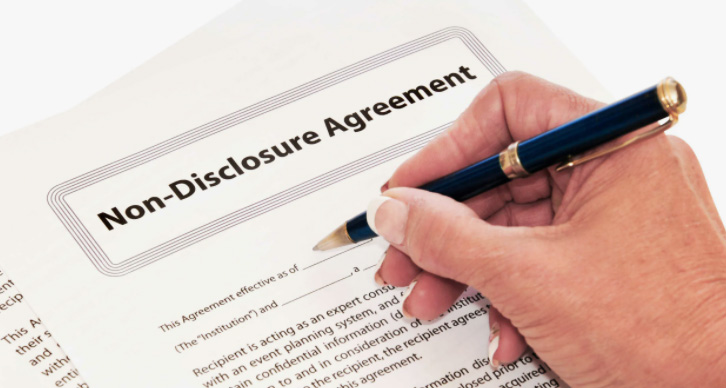There are some steps in the business for sale process that benefit both the seller and you, the buyer. These steps protect the seller from "time-wasting" buyers, and the buyer from acquiring lemons. One of the most important questions when buying a business is "Can I see your financial statements?" Numbers provide vital information to help you decide if you should buy a business. Even if a seller has placed the business on the market, he or she remains reluctant to share highly confidential and sensitive records to any potential buyer. If the seller thinks you are a credible prospective buyer, he or she will let you sign a business non-disclosure agreement before the company's proprietary information will be opened to you.
This is a standard legal agreement presented by the seller to the buyer to protect the former's business if a potential sales deal falls through. This agreement gives both parties room for an open and honest atmosphere that may lead to a successful transfer of ownership of the business.. The NDA is solely for the purpose of selling and buying a business, respectively.
The potential buyer cannot talk about the business to anyone, except to the parties included in the NDA, use gathered information, steal customers and employees of the business, nor use the information for commercial advantage. The seller can control the flow of information and protect its confidentiality.

The seller avoids sharing operating and financial data with any potential buyer. Without a NDA, anyone, particularly a competitor, may use the information such as pricing, strategies and projections, employees' data, etc. to his or her benefit. The seller does not want private business information to fall into the hands of those who may cause damage to the company.
With some level of comfort, the seller, after ascertaining that you have the financial capability to make the purchase, will show you the records after you sign the business confidentiality agreement. If, for some reason, you violated this agreement, the seller is entitled to relief, claims and damages for lost profit and harm incurred by the business.
By signing the NDA, you can study the business, review what has happened to the business, why it happened and what the future holds for it. Through the financial and company records, you can make a realistic assessment of the strengths and weaknesses of the business in both quantitative and qualitative terms. You can also determine if the seller's asking price for the business is reasonable.
If you feel that the seller is not forthright in supplying the information you need, you may terminate efforts to buy the business or move forward at your own risk. The seller may be hiding information that should ring warning bells about the viability of the business.
The NDA is a legally binding contract between the seller and the potential buyer. The buyer who refuses to sign the NDA is considered a difficult or non-serious purchaser. It is best for the seller to avoid these "buyers". In the same vein, the seller has to be forthcoming. Not providing information may result in failure to sell the business. If you are serious about buying a business, you need be ready to sign a NDA.
View more frequently asked question topics